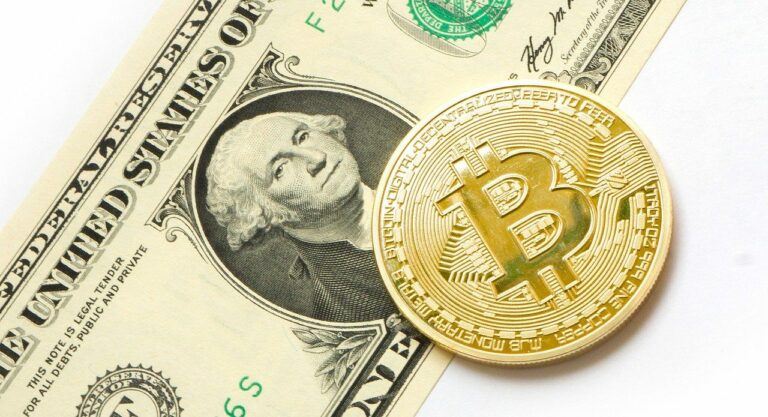Governments around the world are responding to the economic crisis created by the coronavirus pandemic by printing billions in new money which will result in fiat inflation. This has seen some point out Bitcoin’s features, including its limited supply.
According to a report published by ZeroHedge, two Deutsche Bank strategists are warning against the use of “helicopter money,” as central banks rush to print new money and provide economic relief.
Strategist Oliver Harvey and Robin Winkler published a report claiming that the injection of ‘helicopter money’ could make the current economic crisis a lot worse.
The report begins by comparing the impact of cornavirus to the 2008 global financial collapse,
The economic policy response to the coronavirus looks very similar to the last financial crisis. Central banks have responded with liquidity for the private sector through swap lines with banks and purchases of commercial paper from corporates and have lowered the cost of money through interest rate cuts and quantitative easing.
The authors argue the 2008 crisis was caused by a lack of confidence in the banking sector while the most recent economic collapse is being generated by government policies. The decision to close borders and limit access to business has created a “supply shock” in addition to widespread, if temporary, unemployment.
The strategists argue,
If the government tries to keep spending at levels before lockdowns began, while at the same time keeping lockdowns in place, there will be simply more money chasing after significantly fewer goods and services. The result of this will be inflation, and a lot of it.
While the crypto markets are still reeling from their worst day of losses on Mar. 12, the criticism towards fiat inflation policies are coinciding with bitcoin’s looming halving event. At a time when most governments are printing new money at an unsustainable scale, bitcoin is about to become more scarce, providing a potential alternative asset for investors looking to escape fiat.
Featured Image Credit: Photo via Pixabay.com









